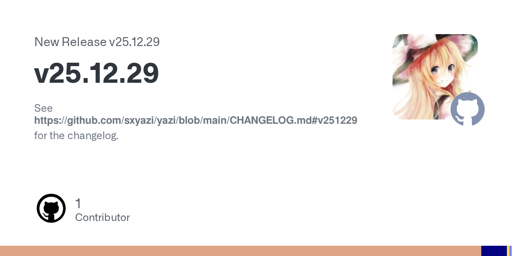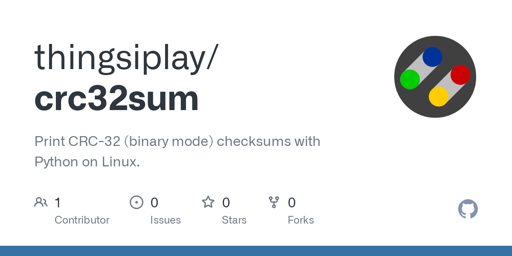

For the record, I am not doing what you say. You either didn’t understand my comment or whatever the case is here. I am saying that your or others gender should not be a factor deciding how games are developed. The mod log of removed content, in case someone believes what you said. So don’t tell people I was forcing my opinion on others: https://beehaw.org/modlog?page=1&actionType=ModRemoveComment&userId=442071












Oh yes, I decide where it does belong to. As much as you decide what opinion I have and remove my comments. I can decide for myself where it belongs.